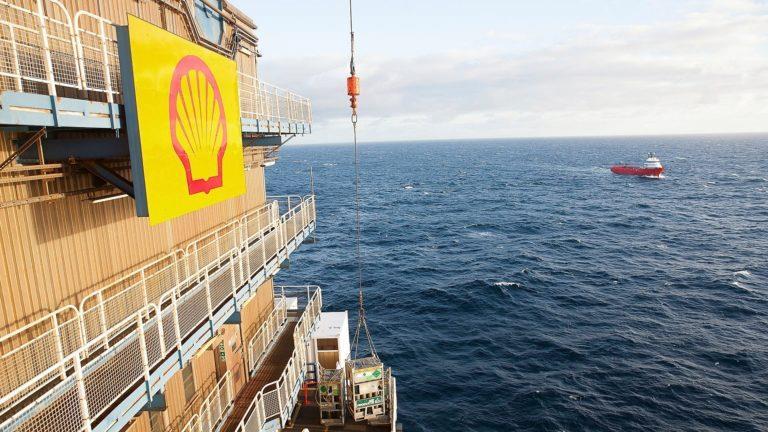
Oil giant Shell (LON: SHEL) has backtracked on its previous optimism about the UK Government’s new energy profits levy.
Having had more time to analyse the measures, the London-listed firm says they create “uncertainty” about the fiscal environment in the North Sea
In the longer term Shell also raised concerns that the investment relief included in the levy doesn’t cover renewables.
“When making plans for the next decade and beyond, we need certainty,” a spokesman for the company said.
After Rishi Sunak unveiled his much debated proposals for a windfall tax on oil and gas profits yesterday, Shell initially seemed upbeat.
The measures, designed to ease the cost-of-living crisis by raising up to £5 billion this year, include a mechanism designed to promote investment.
For every £1 a company spends in the North Sea, they will get 91 pence back after the investment allowance was almost doubled to 80%, coupled with other measures.
Yesterday Shell described the changes as a “critical principle” in the Chancellor’s windfall tax plan.
But after further analysis, the company has reconsidered the proposed measures and their impacts.
A Shell spokesman said: “We understand the worry for millions of people about how high energy costs are challenging their household budgets – and the need for support to help make ends meet.
“But at the same time, we must sustain investment in securing supplies of oil and gas the UK needs today, while allocating future spend for the low carbon energies we want to build for the future.
“However, in its current form the levy creates uncertainty about the investment climate for North Sea oil and gas for the coming years.
“And, longer term, the proposed tax reliefs for investment don’t extend to the renewable energy system we want to drive forward in the UK and invest in very substantially.”
Recommended for you

